253 results in Studies in German Literature Linguistics and Culture

The Wounded Self
- Writing Illness in Twenty-First-Century German Literature
-
- Published by:
- Boydell & Brewer
- Published online:
- 05 July 2018
- Print publication:
- 01 June 2018

Hanns Eisler's Art Songs
- Arguing with Beauty
-
- Published by:
- Boydell & Brewer
- Published online:
- 28 June 2018
- Print publication:
- 01 June 2018

Envisioning Social Justice in Contemporary German Culture
-
- Published by:
- Boydell & Brewer
- Published online:
- 14 March 2018
- Print publication:
- 15 May 2015

My Shadow in Dachau
- Poems by Victims and Survivors of the Concentration Camp
-
- Published by:
- Boydell & Brewer
- Published online:
- 14 March 2018
- Print publication:
- 15 June 2014

Women and German Drama
- Playwrights and their Texts 1860–1945
-
- Published by:
- Boydell & Brewer
- Published online:
- 14 March 2018
- Print publication:
- 03 February 2003

Women and Family Life in Early Modern German Literature
-
- Published by:
- Boydell & Brewer
- Published online:
- 14 March 2018
- Print publication:
- 28 November 2003

High Modernism
- Aestheticism and Performativity in Literature of the 1920s
-
- Published by:
- Boydell & Brewer
- Published online:
- 14 March 2018
- Print publication:
- 15 November 2014

Ulrike Meinhof and West German Terrorism
- Language, Violence, and Identity
-
- Published by:
- Boydell & Brewer
- Published online:
- 14 March 2018
- Print publication:
- 01 November 2009

The Space of Words
- Exile and Diaspora in the Works of Nelly Sachs
-
- Published by:
- Boydell & Brewer
- Published online:
- 14 March 2018
- Print publication:
- 01 November 2013
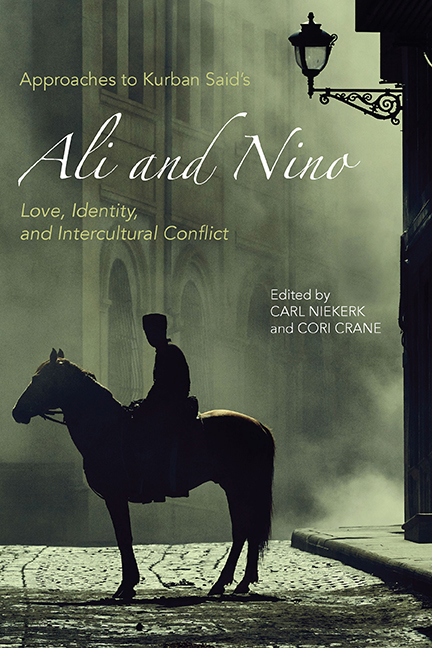
Approaches to Kurban Said's Ali and Nino
- Love, Identity, and Intercultural Conflict
-
- Published by:
- Boydell & Brewer
- Published online:
- 30 August 2017
- Print publication:
- 30 August 2017

The Long Shadow of the Past
- Contemporary Austrian Literature, Film, and Culture
-
- Published by:
- Boydell & Brewer
- Published online:
- 11 August 2017
- Print publication:
- 11 August 2017

Heiner Müller's Democratic Theater
- The Politics of Making the Audience Work
-
- Published by:
- Boydell & Brewer
- Published online:
- 11 August 2017
- Print publication:
- 11 August 2017
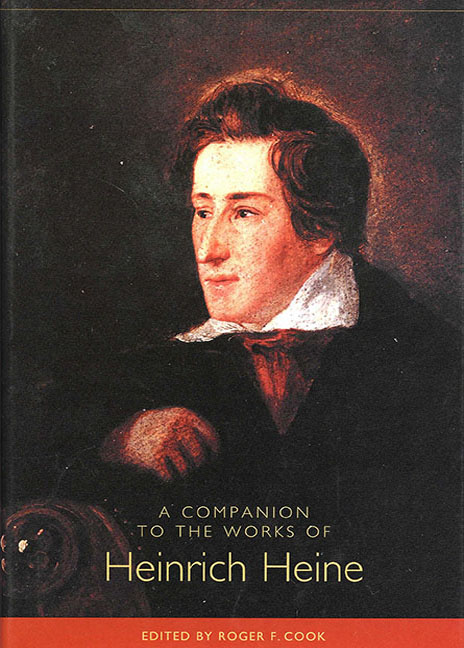
A Companion to the Works of Heinrich Heine
-
- Published by:
- Boydell & Brewer
- Published online:
- 29 July 2017
- Print publication:
- 15 August 2002

Suddenly Everything Was Different
- German Lives in Upheaval
-
- Published by:
- Boydell & Brewer
- Published online:
- 11 May 2017
- Print publication:
- 15 June 2008
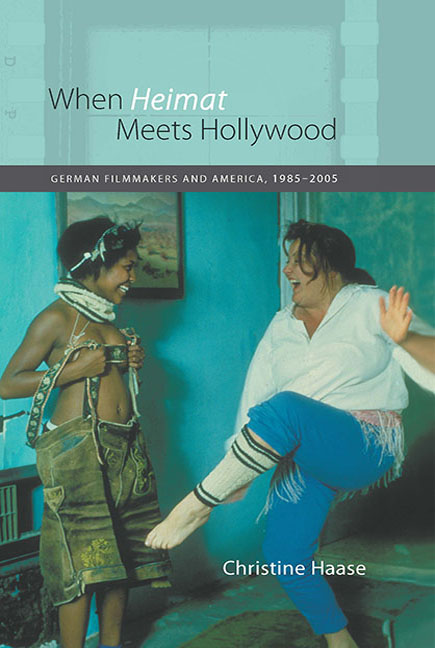
When Heimat Meets Hollywood
- German Filmmakers and America, 1985–2005
-
- Published by:
- Boydell & Brewer
- Published online:
- 11 May 2017
- Print publication:
- 15 November 2007

Writing the Revolution
- The Construction of "1968" in Germany
-
- Published by:
- Boydell & Brewer
- Published online:
- 09 May 2017
- Print publication:
- 15 September 2016
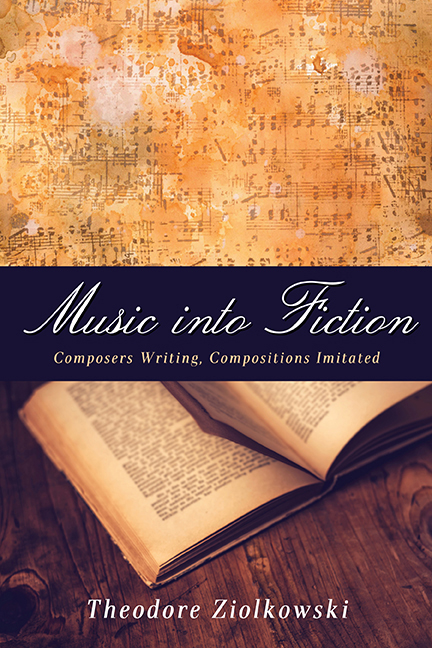
Music into Fiction
- Composers Writing, Compositions Imitated
-
- Published by:
- Boydell & Brewer
- Published online:
- 09 May 2017
- Print publication:
- 01 February 2017
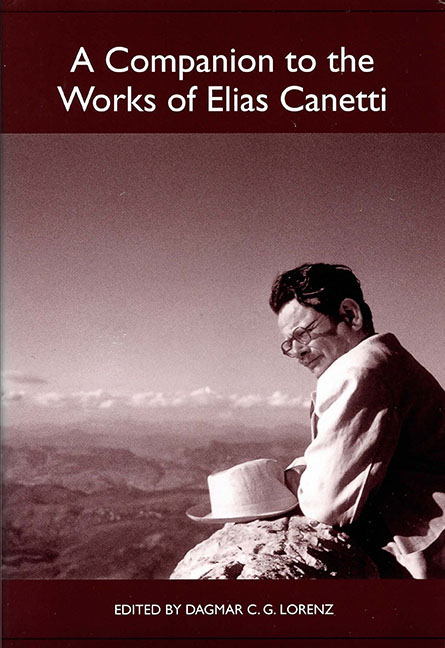
A Companion to the Works of Elias Canetti
-
- Published by:
- Boydell & Brewer
- Published online:
- 28 April 2017
- Print publication:
- 26 July 2004
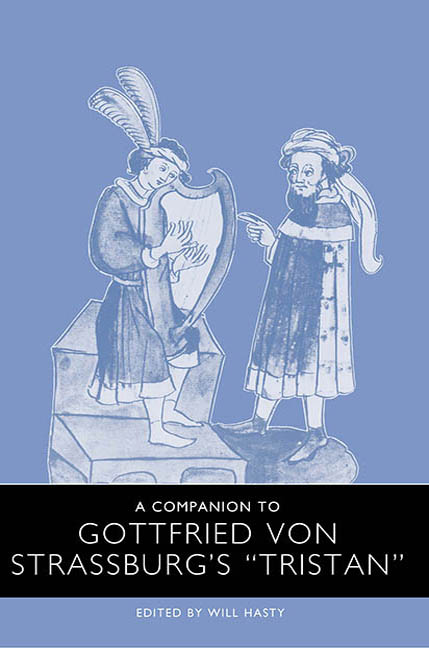
A Companion to Gottfried von Strassburg's Tristan
-
- Published by:
- Boydell & Brewer
- Published online:
- 28 April 2017
- Print publication:
- 13 January 2003
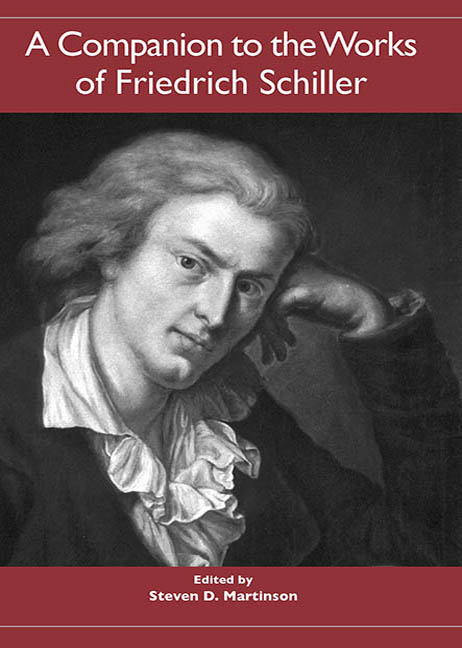
A Companion to the Works of Friedrich Schiller
-
- Published by:
- Boydell & Brewer
- Published online:
- 28 April 2017
- Print publication:
- 19 August 2005


